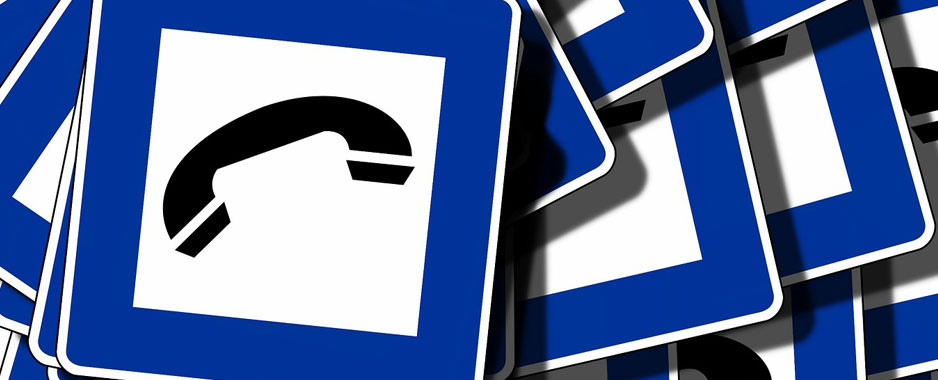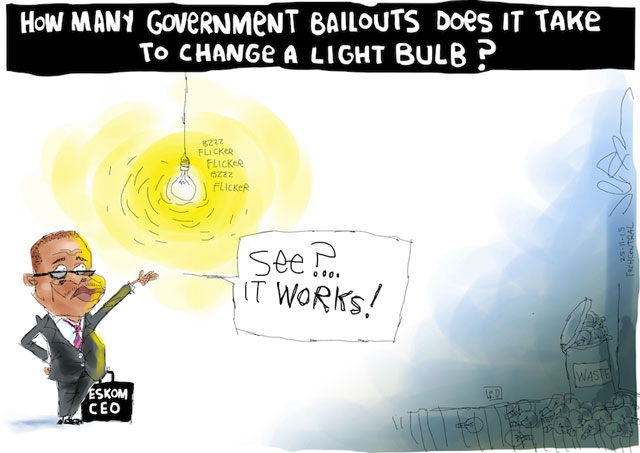When government announced it was bringing in outside shareholders to take a majority holding in South African Airways, there was a lot of chatter that it was now following the “Telkom model”. By Larry Claasen.
Browsing: Thintana
Telkom can now procure goods and services without having to go through the very public tendering process mandated by the Public Finance Management Act, a development that will help it keep its strategic plans out of the public
Events of the past week have shown that it’s become more urgent than ever that government sell its stake in Telkom . If it continues as a significant shareholder, it risks further undermining one of SA’s most important companies and inflicting long-term damage on SA’s economy. The opportune
Telkom is inching closer to a deal to sell 20% of its equity to Korea’s KT Corp. Though the foreign direct investment in SA’s economy should be welcomed, there are potential pitfalls government must be careful to avoid. Last week, Telkom announced to
Telkom came out guns blazing at Competition Tribunal hearings this week, warning that if it were fined the maximum allowed for alleged anticompetitive behaviour last decade, its business could be put in jeopardy. Does the fixed-line operator have a point or is it all just grandstanding? In its closing
A battle over control of Telkom may be on the cards. Communications minister Roy Padayachie has warned that government does not want to lose the control it exercises over the JSE-listed group when special rights it enjoys expire early next year.
Telkom faces the possibility of potentially crippling fines for alleged anticompetitive abuses in the Internet market. If the company is forced to cough up, creative uses that benefit consumers should be found for that money








